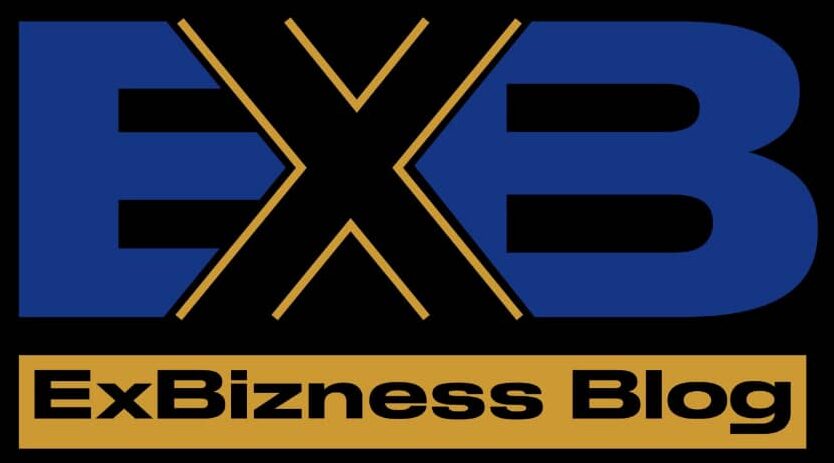Ghana—fondly known as the “Gold Coast”—is Africa’s top gold producer and a global heavyweight in gold mining. With vast mineral reserves, a stable political environment, and growing investor interest, Ghana offers a golden opportunity—literally—for anyone looking to tap into the precious metals market.
But like any investment landscape, the gold sector in Ghana comes with its own blend of potential rewards and real-world risks. Whether you’re a seasoned investor, a startup founder, or part of a multinational mining company, here’s what you need to know.
🌍 Why Ghana?
1. Rich in Gold Reserves
Ghana is estimated to hold over 10 million ounces of gold in reserves. Key regions like Ashanti, Western, and Eastern Ghana host some of the richest gold belts in the world.
2. Africa’s Leading Gold Producer
In recent years, Ghana has outpaced South Africa, becoming the largest gold producer in Africa, and ranking among the top 10 producers globally.
3. Investor-Friendly Climate
- Stable democracy with over 30 years of peaceful governance
- Clear legal frameworks under the Minerals and Mining Act (2006)
- Tax incentives and customs exemptions for mining investors
4. Booming Global and Local Demand
Gold remains a go-to asset for wealth protection in uncertain times. Local demand is also strong in jewelry, cultural assets, and traditional savings practices.
🚀 Investment Opportunities in Ghana’s Gold Sector
🏭 Large-Scale Mining
Companies like Newmont, Gold Fields, and AngloGold Ashanti operate in Ghana, but there’s room for new exploration ventures and joint ventures with local firms.
🔧 Equipment & Services
The gold sector depends on heavy equipment, security, logistics, and drilling services. Leasing and support businesses are high in demand—especially in remote areas.
🧪 Gold Refining & Jewelry Manufacturing
Ghana is shifting from raw exports to value addition. The government supports the setup of local gold refineries and jewelry production centers. This is a massive untapped space.
📱 Mining-Focused Fintech
Support small-scale miners with financing, blockchain tracking, digital payments, or supply chain tools. Technology that brings structure to informal mining is highly sought after.
⚠️ Risks & Challenges to Be Aware Of
❌ Illegal Mining (Galamsey)
Unlicensed mining operations can interfere with legitimate claims, damage the environment, and strain community relations.
🌱 Environmental & Social Responsibility
Deforestation, water pollution, and displacement are common concerns. Investors must conduct Environmental Impact Assessments (EIAs) and engage in sustainable practices.
📜 Regulatory Uncertainty
Mining laws, royalties, and community compensation requirements can change. Staying compliant and informed is key.
🛣️ Infrastructure Gaps
Many gold-rich zones are remote, with poor roads, unreliable power, and minimal social infrastructure.
🧠 Smart Investor Tips
- Do your due diligence: Conduct proper geological and legal checks before committing capital.
- Go local: Partnering with Ghanaian stakeholders can ease your path and improve community trust.
- Think sustainable: Eco-friendly mining practices and community programs aren’t just ethical—they’re strategic.
- Diversify: Spread your mining operations or support services across regions to manage risk.
📈 Final Thoughts
Ghana’s gold industry offers one of the most attractive mining investment opportunities in Africa. With the right approach—balancing profit with responsibility—investors can benefit from both strong financial returns and long-term stability.
Whether you’re investing in mining operations, refining, logistics, or tech, Ghana’s gold sector is open for business.
💡 Ready to invest? Start with market research, local partnerships, and a clear ESG (Environmental, Social, Governance) strategy. The future is golden—literally.

